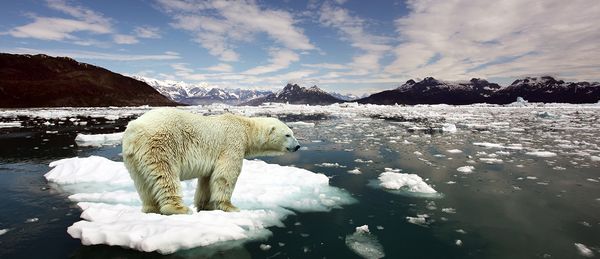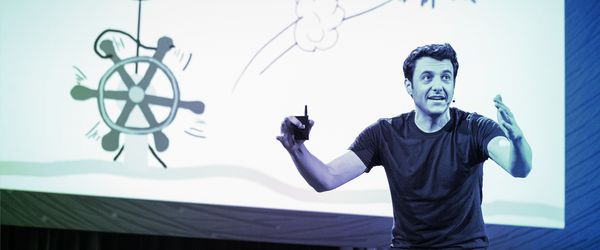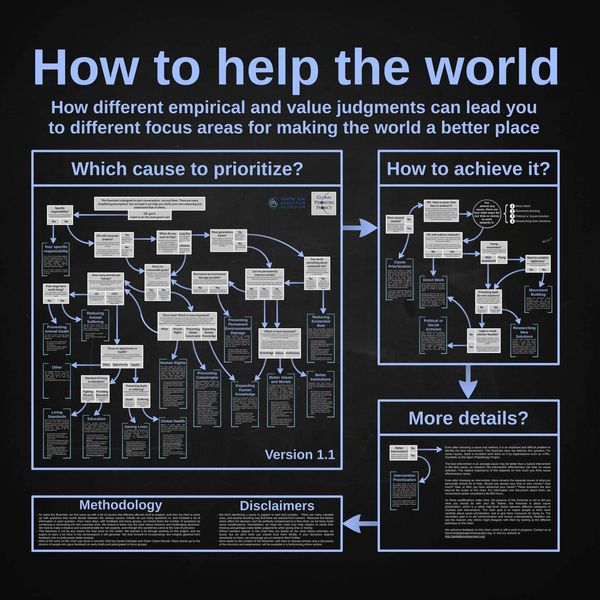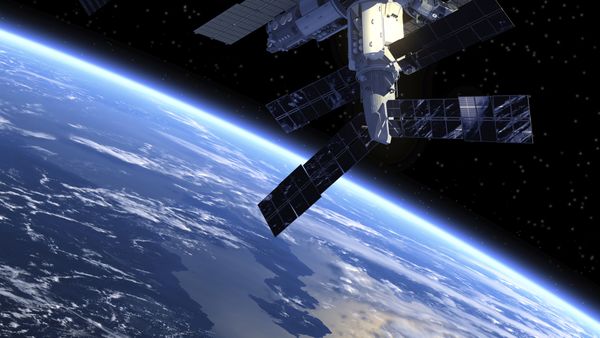LOSTBOYEVSKY • • 3 min read
Food, Inc: The One Documentary to Watch to Understand the Unsettling American Food Industry
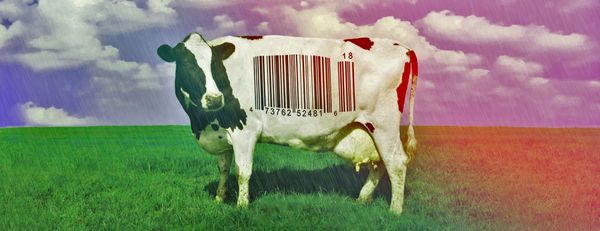
No one can watch Food, Inc and remain unchanged.
The film — arguably the best food documentary of all time — is broken into three segments, each of which is eye-opening and unsettling in its own way.
The first segment examines the industrial production of meat (chicken, beef, and pork), demonstrating that our current practices are economically and environmentally unsustainable. More importantly, it shows how the god of Profit drives many farms and companies to treat animals in inhumane ways to make a few extra bucks.
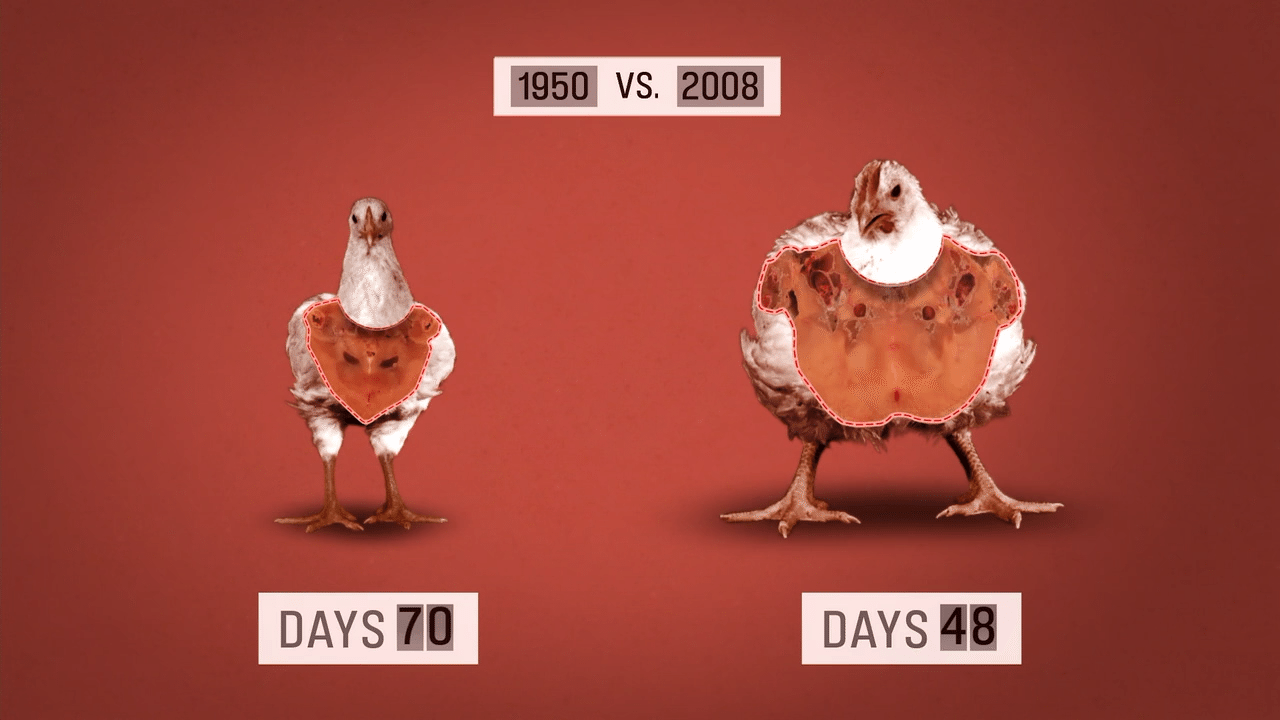
The second segment looks at the industrial production of grains and vegetables (primarily corn and soy beans), again concluding that our current practices are economically and environmentally unsustainable. It also examines the unseen detrimental effects of using a monocultural crop like corn as the basis for the majority of food products in America.
The final segment of the film focuses on forms of economic and legal power, showing how companies ultimately boost profits by supplying cheap but contaminated food, using large amounts of petroleum-based chemicals (pesticides and fertilizers) to produce incredibly large (yet tainted) yields, and encouraging a culture of unhealthy food consumption in the American public.
Watch Food, Inc Now:
Further Study
Here are three more acclaimed food documentaries, if you’re keen to plummet downwards through what turns out to be quite a rabbit hole of information on the things we put into our bodies:
— Food Matters
— Food Beware
— Genetically Modified Food
All three of these documentaries are available on Amazon Prime, and right now Amazon is offering a 30-day free trial for Prime, so you can sign up, watch them for free, then unsubscribe, if you wish.
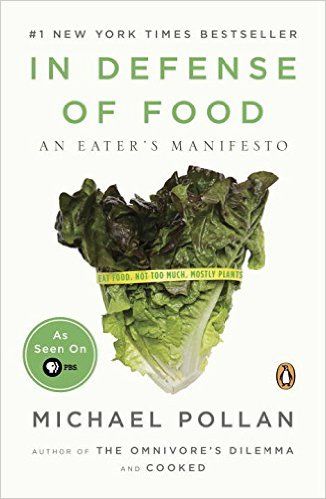
If you’re more of a reader, you might read In Defense of Food: An Eater’s Manifesto by Michael Pollan, one of the narrators and consultants for Food, Inc. I’m reading this book currently, and so far it seems to be a comprehensive explication of the food situation in America, as well as a roadmap to healthy eating and living. If you like, you can read the key lessons from this book in 15 minutes on Blinkist.
Lastly, I recommend the book, Nutrition and Physical Degeneration: A Comparison of Primitive and Modern Diets and Their Effects by Weston A. Price. I’ve heard from multiple sources that this is the definitive text on nutrition. Price researched numerous indigenous peoples in the early 1920s to conduct a cross-cultural anthropological study on what humans have eaten throughout history and which dietary choices lead to optimum health. This book is at the top of my list of books to read about diet and nutrition.
My Story
Watching Food, Inc made it clear to me that I needed to start thinking more seriously about what I put in my body on a day-to-day basis.
I knew I wanted to eat less meat, and at different times I’ve experimented with full vegetarianism. However, as I did more research, I realized that even a vegetarian diet results in the deaths of many animals. I also learned that meat and animals products have been essential elements of human diets throughout history, and that most people probably need some meat in their diets (highly recommended video).
For now, I’ve landed on a flexitarian, or semi-vegetarian, diet. I try to eat meat minimally — only a couple times per week if possible. I was doing well at this for months, but going back home to Iowa for the holiday season has somewhat derailed my regiment, as my family constantly eats meat-centric dishes. I’ll be heading back to California in about a week and hope to resurrect my minimal-meat-eating habit.
Most importantly, I am hoping gradually to transition to a humaneitarian diet, eating animals only if I can confirm that they have been raised in a humane way, with long, outdoor lives. This is a work-in-progress, but it feels good to be attempting to do something to counteract the startling and deeply disconcerting phenomena documented in Food, Inc.
In sum, I highly, highly recommend watching Food, Inc, as I believe it will serve as a catalyst for anyone to begin thinking more seriously about the implications of their dietary choices, propelling our society in a healthier, more sustainable, and more humane direction.
Read this: How To Bulletproof Yourself from McDonalds & The Fast-Food Temptation





